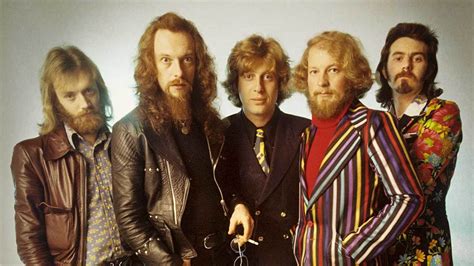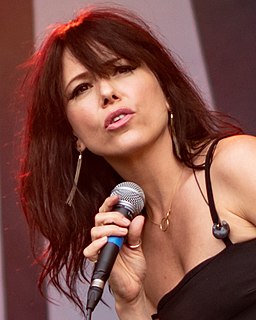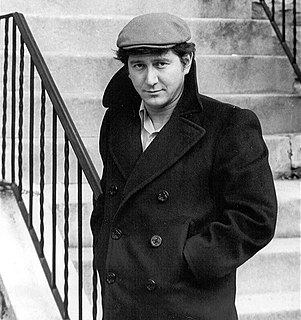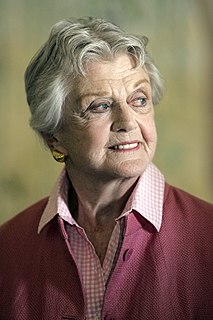A Quote by Jethro Tull
I came across Mother Goose, so I turned her loose, she was screaming.
Related Quotes
Every act of motherhood contains a dual intent, as the mother holds the child close and prepares it to move way from her, as she supports the child and stands it firmly on its own feet, and as she guards it against danger and sends it out across the yard, down by the stream, and across the traffic-crowded highway. Unless a mother can do both - gather her child close and turn her child out toward the world - she will fail in her purpose.
Her mother was a Christian Scientist who didn't believe in calling doctors. So when my mother caught whooping cough as a baby, stopped breathing and turned blue, her mother revived her by spanking her on the bottom. She saw life itself as a gift and saw her own survival as precious and a matter of chance.
My mother turned 40 in 1973. So in 1970 - when 'The Female Eunuch' came out and Ms. magazine was founded - my mom was 37 with two children, and she was just that little bit too old, and the circumstances of her life were set up in a certain way that for her to fulfill her ambitions and dreams, she would have had to break with the family.
In 2008, I was in a London park when I came across a fledgling crow that had fallen from the top of an oak tree. A woman happened to be passing, and she said that she rescued animals, so she invited me back to her house. It turned out she was the wife of Jeff Beck. Jeff was there, and we ended up jamming together.
I get goose-bumps when you talk about Diane Wilson. Who knows where she found that courage? When she was a child, she would crawl under the bed when a stranger came to the house. But in 1989, she found out that her county in south Texas was ranked worst in the country for toxic waste. She wondered if the effluent, dumped into the waters where she and her family had shrimped for generations, might be responsible for the dwindling fish populations. And she suspected that her son's autism might be related to the pollution.
I came across an old story of mine that I'd written a decade ago. The main joke of the story is that a mother is telling her children about how she met their father online. The majority of memories the mother has all have to do with really funny links he sent her, a music download that she loved, etc. - and because of these superficial details she fell in love with the father. Reading it today, it's hardly a dystopian story; it's simply a realistic story about how people actually meet.
When we were arguing on my twenty-fourth birthday, she left the kitchen, came back with a pistol, and fired it at me five times from right across the table. But she missed. It wasn't my life she was after. It was more. She wanted to eat my heart and be lost in the desert with what she'd done, she wanted to fall on her knees and give birth from it, she wanted to hurt me as only a child can be hurt by its mother.
She glanced up at him, and in that moment he pulled his wet shirt over his head. She forced her mind blank. Blank as a new sheet of paper, blank as a starless sky. He came to the fire and crouched before it. He rubbed the water from his bare arms and flicked it in the flames. She stared at the goose and sliced his drumstick carefully and thought of the blankest expression on the blankest face she could possibly imagine. It was a chilly evening; she thought about that. The goose would be delicious, they must eat as much of it as possible, they must not waste it; she thought about that.
The idea of the book ["The Japanese Lover"] came in a conversation that I had with a friend walking in the streets of New York. We were talking about our mothers, and I was telling her how old my mother was, and she was telling me about her mother. Her mother was Jewish, and she said that she was in a retirement home and that she had had a friend for 40 years that was a Japanese gardener. This person had been very important in my friend's upbringing.
The woman turned and went slowly into the house. As she passed the doors she turned and looked back. Grave and thoughtful was her glance, as she looked on the king with cool pity in here eyes. Very fair was her face, and her long hair was like a river of gold. Slender and tall she was in her white robe girt with silver; but strong she seemed and stern as steel, a daughter of kings.
































